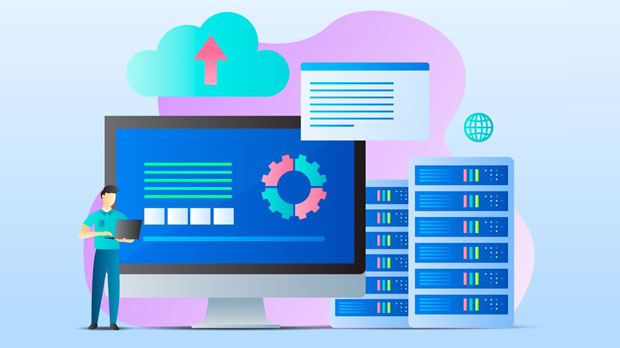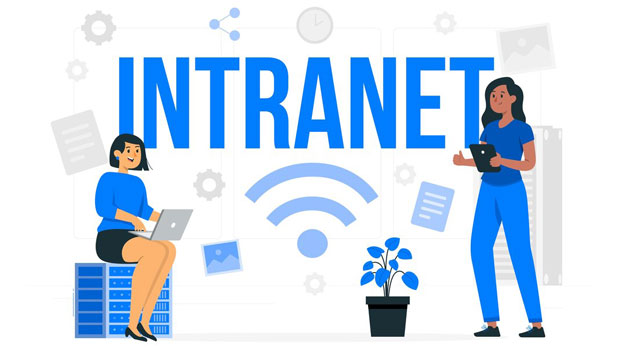In the world of online gaming, stable and uninterrupted connectivity is a crucial factor for ensuring an optimal gaming experience. As players compete across regions and servers, any minor delay or instability can severely impact gameplay. This is where the use of data center IPv4 and IPv6 proxies comes into play. These proxies can provide a stable, fast, and secure connection, mitigating issues such as lag, packet loss, and connection drops. By strategically using IPv4 and IPv6 proxies, gamers can improve their network reliability, bypass geographical restrictions, and reduce network congestion. This article will explore how data center proxies can be leveraged to enhance connection stability in online gaming, examining both technical aspects and practical benefits. Understanding the Role of Data Center Proxies in Online GamingThe role of proxies in online gaming is often misunderstood. At a basic level, a proxy serves as an intermediary between the gamer’s device and the game server. When a player connects to a game server, the data request passes through the proxy, which can be located in a different geographical region or data center. By routing traffic through these proxies, players can experience lower latency, reduce packet loss, and gain better control over their connection.Data center proxies are commonly used in gaming environments because they provide a stable and high-speed network connection. Unlike residential proxies, which are often more expensive and less reliable, data center proxies offer a more predictable and robust solution for gaming needs. They are hosted on dedicated servers with fast internet connections, making them ideal for ensuring smooth online gaming sessions.How IPv4 and IPv6 Proxies Differ in Online GamingThere are two main types of IP addresses used in data center proxies: IPv4 and IPv6. Both of these protocols have their unique benefits and applications in online gaming, though their differences can have a significant impact on connection stability.1. IPv4 Proxies: Reliable and Well-Established IPv4 has been the standard for internet communication for decades, which means it is well-supported by virtually all gaming platforms and servers. IPv4 proxies are known for their stability and reliability, offering established pathways for data transmission. However, due to the limited number of IPv4 addresses available, many gaming servers may experience overcrowding or congestion, leading to slower speeds and increased latency.2. IPv6 Proxies: A New Era of Connectivity IPv6, on the other hand, is the next generation of IP addresses, designed to resolve the limitations of IPv4, particularly the shortage of IP addresses. IPv6 offers a much larger address space, reducing the likelihood of congestion. Additionally, IPv6 can offer improved routing efficiency, which can reduce latency in certain scenarios. As more game servers adopt IPv6 support, using an IPv6 proxy can provide players with a less congested and more reliable network, enhancing the gaming experience.Advantages of Using IPv4 and IPv6 Proxies for Gaming StabilityThe use of both IPv4 and IPv6 proxies offers distinct advantages for gamers looking to improve their online gaming connection. These include:1. Reduced Latency By routing traffic through data center proxies, players can often experience reduced latency. This is particularly true when the proxy is located closer to the gaming server or a less congested region. Lower latency translates to faster response times in games, which is essential for real-time gameplay, especially in fast-paced games like first-person shooters or strategy games.2. Improved Connection Stability Proxies help distribute internet traffic across multiple servers, avoiding overburdened network routes and providing a more stable connection. In many cases, using a proxy can result in fewer disconnections, interruptions, or packet loss, which can be particularly frustrating for gamers.3. Geographic Flexibility Many online games have regional servers or restrict access based on location. By using proxies, players can bypass geographic restrictions, ensuring that they can connect to servers in different regions. This not only improves stability by avoiding overcrowded local servers but also opens up the possibility of finding better-performing servers.4. Bypassing Network Congestion On some networks, especially during peak hours, internet traffic can become congested, leading to slower speeds and increased latency. Proxies help avoid this congestion by rerouting traffic through less busy channels, improving both speed and stability.Practical Tips for Optimizing Online Gaming with Data Center ProxiesWhile using data center proxies can significantly enhance online gaming performance, proper implementation is key to maximizing the benefits. Below are some practical tips for optimizing the use of IPv4 and IPv6 proxies for gaming:1. Select the Right Proxy Location When choosing a data center proxy, it’s crucial to select one that is geographically close to the game server. This minimizes the distance that the data must travel and helps reduce latency. Many proxies offer a variety of locations, so selecting the optimal one can make a big difference in gaming performance.2. Test Different Protocols Since IPv4 and IPv6 have different benefits, it is important to test both to see which provides the best connection for your specific gaming scenario. In some cases, IPv6 might offer faster speeds and lower latency, but in others, IPv4 may be more stable and reliable. Testing different proxies can help find the optimal configuration for your connection.3. Monitor Proxy Performance It’s important to regularly monitor the performance of the proxy to ensure that it is still providing the desired improvements. This can involve checking latency, packet loss, and server response times. If performance starts to degrade, switching to a different proxy or server might be necessary to maintain optimal performance.4. Avoid Overloading Proxies Many gamers make the mistake of using proxies that are shared by too many users. This can lead to congestion and reduced performance. To avoid this, use proxies with low user-to-server ratios or dedicated proxies that ensure consistent speed and stability.Conclusion: Enhancing Online Gaming Stability with Data Center ProxiesIn conclusion, the use of data center IPv4 and IPv6 proxies can significantly improve the connection stability of online gaming. By reducing latency, improving routing efficiency, and bypassing network congestion, proxies offer a practical solution to common online gaming challenges. The decision to use IPv4 or IPv6 proxies depends on various factors, including geographic location, server support, and network conditions. By carefully selecting and optimizing proxies, gamers can enjoy a smoother, more stable online gaming experience, ensuring they stay competitive without being hampered by connection issues.
Apr 15, 2025
![arrow]()




























































